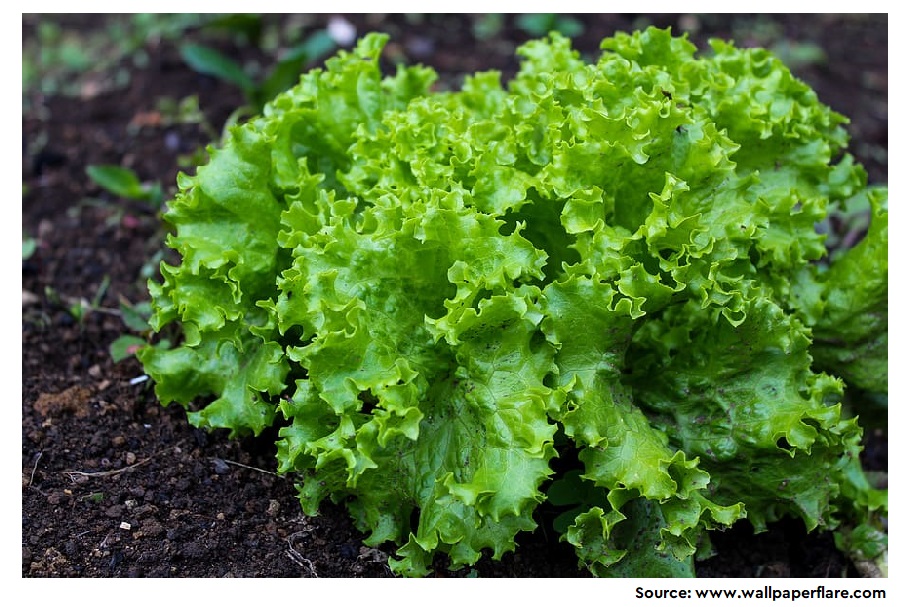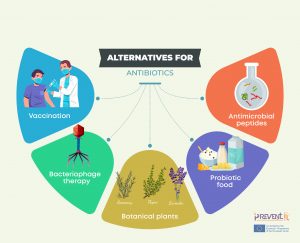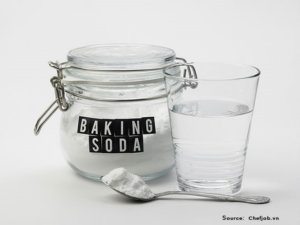One of the biggest discoveries in the year 1928 was the development of antibiotics. However as rightly mentioned by the discovery, Alexander Fleming himself, the misuse of antibiotics is making them less effective day by day. Due to mutations, the bacteria are gaining resistance and becoming smart enough to grow in the presence of antibiotics. Of course, the government and private sectors are putting money into the development of alternate antibiotics, but the issue of antibiotic resistance is making them helpless. As an alternative, the use of plant products possessing antibacterial activity has gained attention. In fact, lesser chances of non-availability and lesser side effects makes them a suitable candidate to be tested.
One such candidate is Lactuca sativais which is a well-known universal plant due to its common use in salads, soups, and vegetable curries. It is a rich source of vitamin C, carotene and vitamin E as well as seems to have good antioxidant potential. A study was conducted by a group of scientists to find out the antibacterial activity of Lactua sativais was tested against the Clarithromycin resistant superbugs. For this, the bacterial strains were isolated from the tap water and their susceptibility testing was done. The plant extract was prepared, and the quantitative analysis and HPLC were performed. The isolates so obtained included E. coli, S. typhi, S. aureus and S. flexneri. The significant efficacy of the extract was observed at a concentration of 30 μl/50 μl against all resistant bacteria. The quantitative efficacy of extract showed the presence of carbohydrates, proteins, saponins, flavonoids, alkaloids etc. HPLC indicated the presence of phenolic compounds as most active in the extract viz. gallic acid, sinapic acid and syringic acid. The authors suggest that further studies are needed to isolate the most active phytochemicals from the plant products. It will really help in the prevention and management of antibiotic resistance.
To learn more, please visit the website of Proceeding on International Halal Science and Technology Conference (Link).







